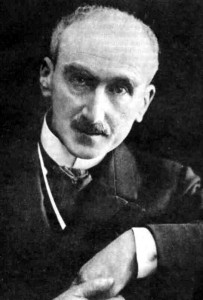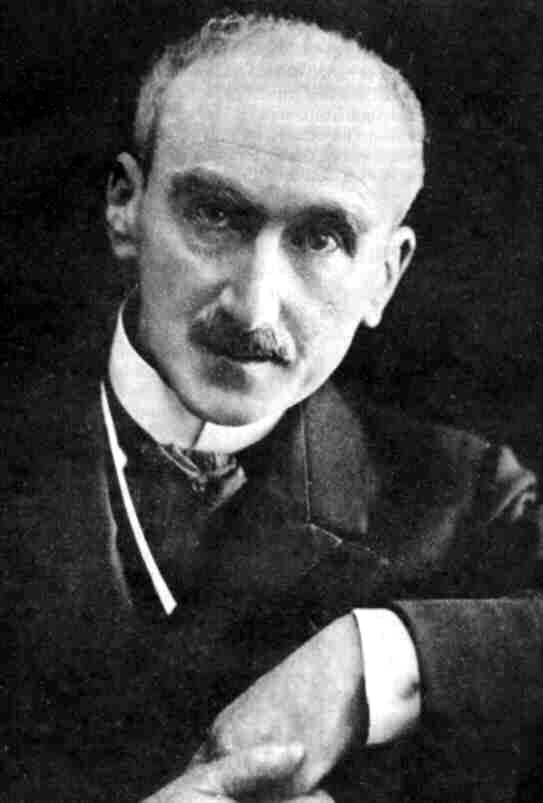 To Daniel MacGhie Cory
To Daniel MacGhie Cory
Le Balze
Fiesole, Italy. June 25, 1934
So far existence here has been quite tolerable, the heat is not (as yet) oppressive, and I have managed, with some slight difficulty, to establish a sufficient independence of movement. But I am devoured by mosquitoes, and it seems hardly practicable to go down to Florence on foot or in the tram, except on favourable occasions. I shall have to go down with S. at 6 p.m.: but I have already knocked off tea, so as not to be interrupted in the afternoon, and have established the habit of being dropped in passing through the town, so that I have an hour to myself for walking about a bit, shopping, and having an apéritif before, at 7.20, we meet for dinner. The food is simple but suits me admirably, and S. encourages me to drink!
It is natural and, I think, right-minded of you to like the Catholic philosophy-books. They have improved immensely of late in their knowledge and understanding of modern views: not so much in their historical criticism, e.g. of Aristotle, Plato, & the Neo-Platonists. They are therefore able to present and defend common-sense—which is what Scholasticism is, apart from the theology—in an enlightened way. Formerly the same soundness was buried in an arid repetition of formulas, without much understanding either of the facts or of the theories of other people. Today, it seems that the Catholics are really the best critics everywhere, and the best informed. My Spanish review, Cruz y Raya, is admirable: and I am reading masterly Catholic critiques of Bergson’s latest book. But, as you say, the trouble is that all this is a human dream: it is a beautiful product, like music or architecture, of a long human tradition and art: but it isn’t true. It is a product of the fonction fabulatrice.
From The Letters of George Santayana: Book Five, 1933-1936. Cambridge, MA: The MIT Press, 2003.
Location of manuscript: Butler Library, Columbia University, New York NY.
